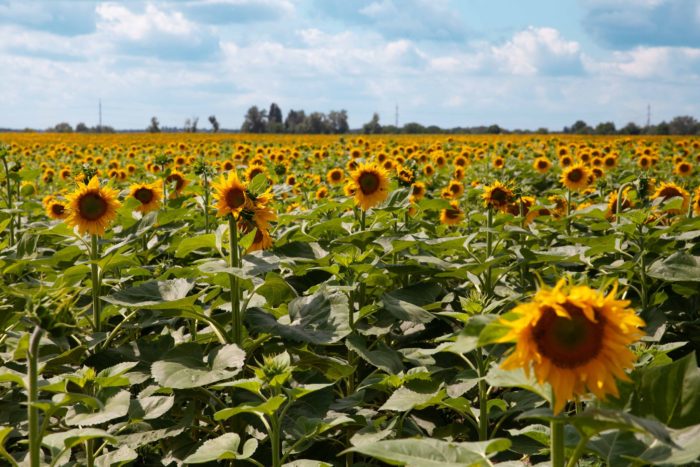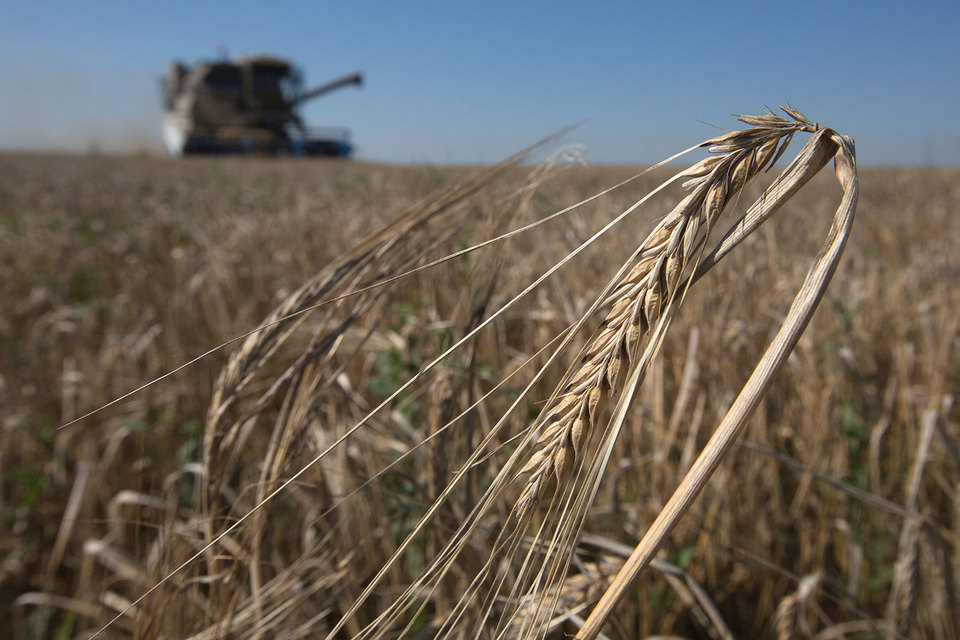The country’s Ministry of Agriculture said that Bulgaria bans imports of Ukrainian sunflower until the end of November 2023.
The decision was made after a meeting of both countries’ agriculture ministers, Bulgarian Kiril Vatev and Ukrainian Mykola Solski, on 29 September. At the joint meeting, they agreed to start regular data exchange between the two ministries on trade in agricultural goods.
As per the statement of the Bulgarian Agriculture Minister, a memorandum on the ban was signed between the ministry and the Farmers’ Initiative Committee. According to the agreed plan between Ukraine and the European Commission, after the deadline of November 2023, the export licensing regime for sunflower, wheat, corn and rapeseed will be in effect.
Minister Vatev also informed about the concerns of Bulgarian farmers and processors regarding the import of refined and unrefined sunflower oil, dried milk, honey, sugar and frozen raspberries from Ukraine.
“It is very important to discuss all the problems that affect our farmers and to look for solutions together,” said Minister Vatev.
EU ban on Ukrainian agricultural products
The EU imposed a ban on Ukrainian agricultural products in May 2023 as a temporary measure temporary measure “to avoid market distortions.” The decision followed unilateral bans in five EU countries bordering Ukraine, Poland, Hungary, Slovakia, Romania, and Bulgaria, in what has been called “blackmail” of the EU commission.
The ban only applied to domestic sales of Ukrainian wheat, maize, rapeseed, sunflower seeds, and sunflower oil, while allowing transit of such products for export elsewhere. It blocked over 14% of overall Ukrainian agricultural exports, dealing a blow to its wartime economy.
The EU lifted the ban on Ukrainian agricultural products on 15 September 2023, after Ukraine agreed to introduce legal measures within 30 days to avoid grain surges and ensure fair competition.
The EU also said that the market situation had improved and that the temporary measures had achieved their objective.
Despite the European Commission’s decision not to extend the embargo, EU countries that border Ukraine, including Poland, Hungary and Slovakia, have decided to impose unilateral restrictions on imports of Ukrainian grain, citing the need to protect their farmers and food security.
Ukraine sued Poland, Hungary, and Slovakia at the World Trade Organisation over their refusal to drop a ban on Ukrainian agricultural products.
Ukraine was forced to export overland because Russia blocked Ukraine’s grain ports and exports through the Black Sea.
Read also:
- Grain dispute: how Poland and Ukraine can reach a solution
- Ukraine to sue Poland, Hungary, and Slovakia over grain ban
- Poland, Hungary, and Slovakia prolong unilateral restrictions on Ukrainian grain imports, defying EU







